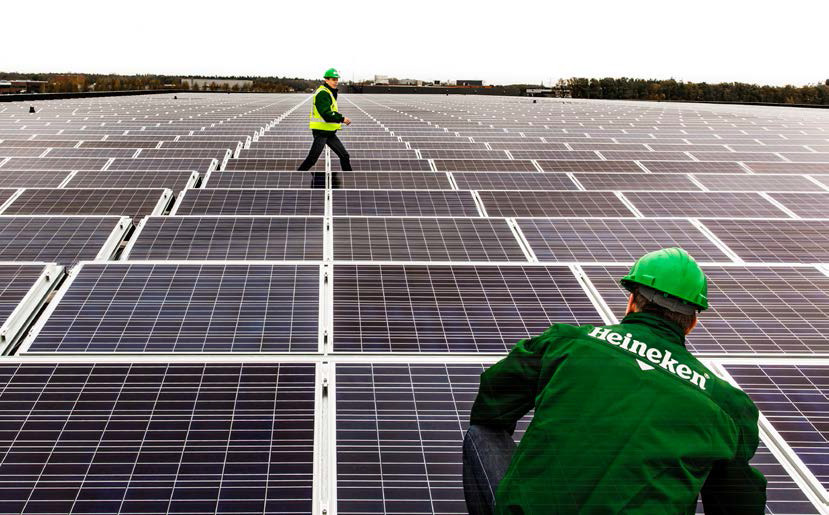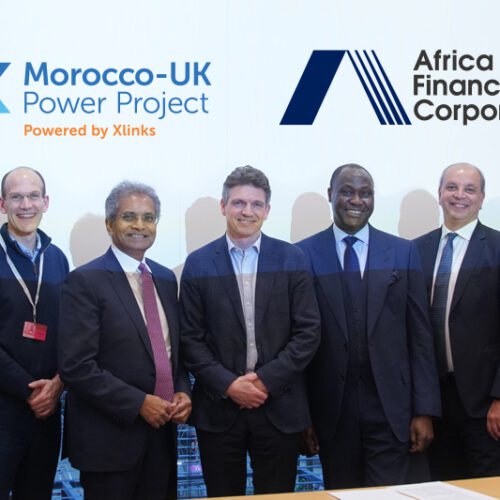Dutch brewery Heineken has lauded the success of its corporate sustainability scheme and revealed it has saved the company more than €70 million in energy costs since 2009.
In 2008 the company launched its ‘Brewing a Better World’ initiative which, amongst other CSR drives relating to sustainable sourcing and ethical practices, sought to drastically overhaul its production and distribution.
The programme established a number of targets the company hopes to reach by 2020, with interim targets in 2015. Yesterday Heineken revealed that it had exceeded its interim target for a 27% reduction in global CO2 emissions and actually reduced them by 36% compared to a 2008 baseline.
Heineken did however fail to meet its emissions reduction target for distribution, with emissions actually increasing over the period. This, the brewery said, was down to complications in its largest market of Mexico. European distribution emissions fell by 9.8% over the period.
Heineken’s 2015 sustainability report, published here, reveals that the two largest contributors to its carbon footprint are cooling (21%) and beverage production (14%), and that efforts had been launched to tackle those areas in particular.
The brewery has replaced nearly all of its refrigeration units with so-called ‘green fridges’ which emit 45% less CO2 than regular fridges.
There were however more concerted efforts to reduce emissions related to drink production. Breweries across the world were tasked with both reducing their energy consumption and increasing the adoption of both on-site renewable generation and sourcing of electricity from renewable sources.
Brewery Göss in Austria is to become completely powered through renewable sources later this year and Heineken is continuing to deploy renewable energy at its manufacturing and distribution centres. All eight of its distribution centres in the Netherlands now benefit from solar installations after more than 12,000 panels were installed on their rooftops, and wind power has become a staple in other locations.
Heineken, whose corporate relations advisor Anne Ollivier will be speaking on the subject at this month’s Clean Energy Summit at Twickenham Stadium, also revealed it was preparing a feasibility study to roll out renewable energy in Sierra Leone and other African markets it is currently present in.
The company broke down its electricity sourcing for 2015, detailing that around 2% of the company’s total energy consumption now came from on-site renewable generation. Just over a fifth (21%) came from imported renewable energy through green certificates, while a further 17% came from the respective country’s electricity mix including part-renewable sources.
Altogether Heineken’s energy initiatives had seen it reduce its thermal energy consumption intensity by 4.2% year-on-year to 64.8MJ/hectolitre last year, and its energy consumption to 7.9kWh/hl – down 2.2% on 2014s’s figures.
The drive has also been significantly positive for Heineken’s bottom line over the past seven years, saving it €71.1 million in energy costs, €18.7 million of which have been through reducing electricity consumption.
Jean-François van Boxmeer, chief executive at Heineken, said that 2015 proved to be a “pivotal year” for the wider sustainability agenda.
“Events such as COP21 and the introduction of the UN’s Sustainable Development Goals provide additional input for ‘Brewing a Better World’, our approach to creating a sustainable business. We are confident of the progress we have made in 2015 though we are aware of the challenges ahead,” he said.





